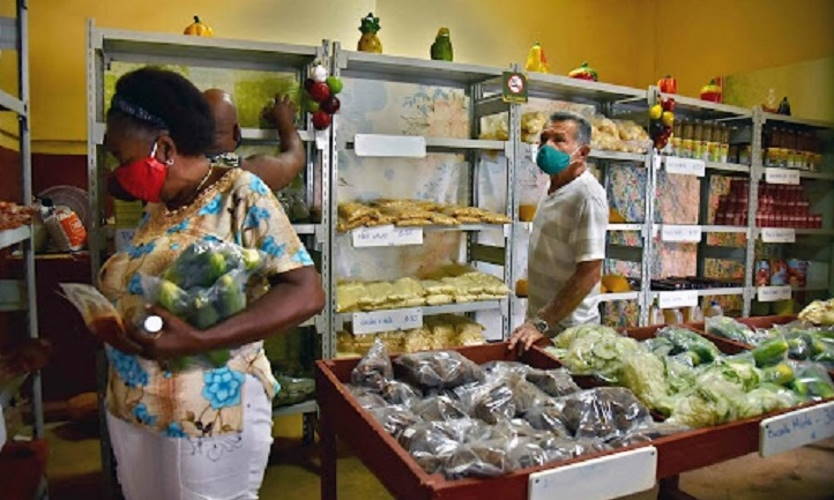The labor reform is one of the projects that President Gustavo Petro hopes to promote in the next legislature, together with the pension reform, but it is also one of the great pending that Colombia has. The analyzes and studies that have been carried out regarding the labor reform that Colombia requires are several, so the Government already has some inputs with which it could start working.
(The Petro government will present a pension reform proposal in 2023).
To build the reform, the Ministry of Labor installed a subcommittee last week that will prepare a document to present to the Permanent Commission for the Agreement on Salary and Labor Policies.
Unlike the pension reform, for which The Government has already presented a proposal and a scheduleIn labor, the roadmap that the portfolio will draw up is not yet known. However, President Petro has already said that “the contract for the provision of non-labor services must go down in history”, and also that there can be no financing for the social security system in Colombia without a fair collection of taxes.
Portfolio consulted the Ministry of Labor if the Government will take into account inputs such as the Employment Mission that delivered the results last year, as well as other recommendations from study centers. The portfolio assured that “all inputs will be taken into account. That is why the subcommittees have experts in each matter, both labor and pension.”
(Update the labor market, a vital factor in competitiveness).
This Tuesday the subcommittee held its second meeting, in which, according to the portfolio, the results of the Employment Mission were presented, the progress of the Alternative Employment Mission and the reform processes were heard by expert guests.
The studies
One of the main inputs that Mintrabajo has in its hands today is the Employment Mission led by the economist Santiago Levy and the academic Darío Maldonado. This was launched by the government of Iván Duque and delivered its results at the beginning of this year.
It concluded that “the Colombian market works poorly” due to poor social protection incentives, deficiencies in the mechanisms to protect workers against dismissal, that Colombia has a very high minimum wage relative to wage distribution, and a training system for work that does not connect with the demands of the productive sector.
The Alternative Employment and Income Mission, which began to work in parallel to the Employment Mission. This proposes, at a productive level, intensifying employment in the agricultural sector, especially the female sector. It also promotes guaranteeing the right of association and freedom of association and building a social protection floor that does not subsidize those with high incomes.
In addition, there are other studios in the area. The 2022 National Competitiveness Report, released last week, recommended “updating labor legislation to provide flexibility to the labor market and respond to the challenges of the new collaborative economies,” reduce non-salary labor costs associated with formal hiring, and regulate the job stability and create unemployment insurance and reform the layoffs regime.
Fedesarrollo also delivered its proposal this year, with ideas such as reforming contributions to social security in health and pensions, contributions to compensation funds and creating non-contributory unemployment insurance.
Laura Lucia Becerra Elejalde
BRIEFCASE
















